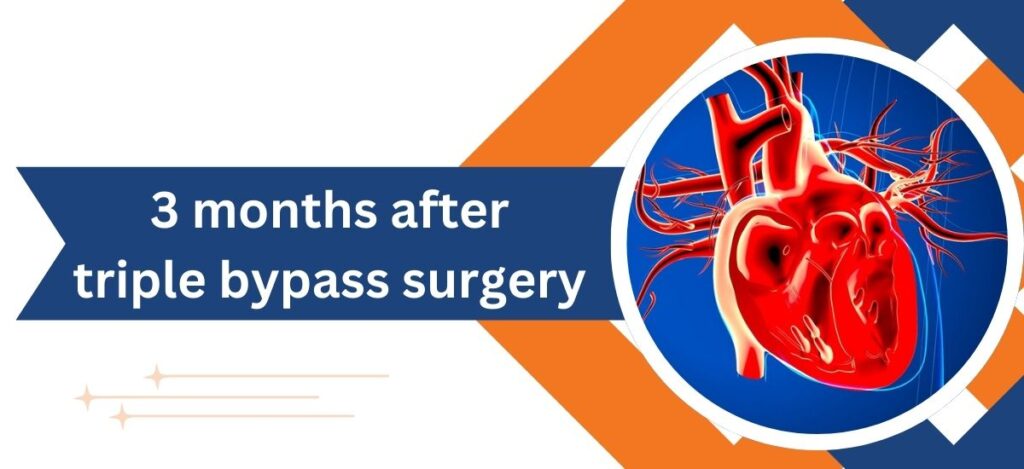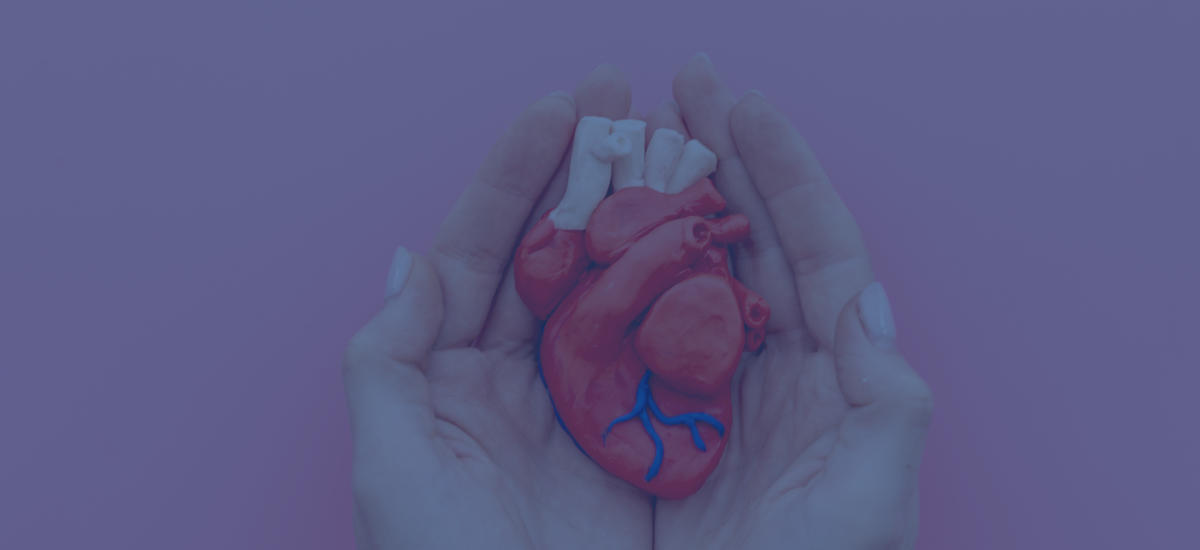
Triple bypass surgery is a critical procedure designed to restore adequate blood flow to the heart by creating new pathways. It is typically performed on patients with severe coronary artery disease when three major coronary arteries are blocked, putting the heart at risk. During the surgery, three arteries or veins are grafted to bypass these blockages, improving heart function and alleviating symptoms like chest pain.
While the procedure can be life-saving, it requires a focused recovery process. By 3 months after triple bypass surgery, patients can expect to see progress in their healing. However, it is essential to follow specific recovery guidelines to achieve optimal outcomes.
According to Dr. Vishal Khullar, an eminent cardiac surgeon in Mumbai, India, “Three months post-surgery is a pivotal period where both recovery and long-term lifestyle adjustments are essential to ensure successful results.”
With 30+ years of experience, Dr. Khullar has performed over 7,000 heart surgeries. His dedication to heart health makes him a trusted specialist for comprehensive care and successful recovery. Known for his advanced surgical skills, he offers expert guidance to help patients improve their heart health after bypass surgery.

Recovery doesn’t have to be daunting. Consult a heart specialist for personalized advice on your post-surgery journey. Book an appointment today!
Overview of Bypass Surgery

Bypass surgery, also known as coronary artery bypass graft (CABG), is a major operation performed to restore blood flow to areas of the heart that have been deprived due to narrowed or blocked coronary arteries. In a triple bypass, three major blood vessels that supply the heart are bypassed using grafts, typically taken from other body parts, such as the leg, chest or arm. During the procedure, the cardiac surgeon makes an incision in the chest to access the heart and attaches the grafts to redirect blood flow around the blocked areas.
By creating new pathways for blood flow, the surgery improves the oxygen supply to the heart muscle, reducing symptoms like chest pain (angina) and alleviating the risk of heart attacks. While recovery can take 1-2 months, most patients gradually regain their strength and experience significant improvement in symptoms. With proper care, patients can significantly improve their heart health and lower the chance of recurrence.
Curious about how your body should feel 3 months after triple bypass surgery? Let’s explore what to expect during this stage of recovery.
What to Expect 3 Months After Triple Bypass Surgery?
Recovery after a triple bypass surgery is a gradual process, requiring dedicated care and monitoring. Here’s what patients can generally expect during this period:
Recovery

- Physical Activity: Many patients can perform light to moderate physical activities without discomfort. Walking, gentle stretching, and doctor-approved exercises are encouraged to boost heart health without strain.
- Heart Function: Blood flow is more stable, and the heart gradually adjusts to improve circulation, helping patients feel more robust than before surgery.
- Routine Activities: Patients may resume routine tasks, like house chores and low-intensity hobbies, but should still avoid heavy lifting or activities that strain the chest.
Results & Improvements Seen

By the third month, many people see positive changes that indicate steady progress. Common improvements include:
- Increased Stamina: Energy levels tend to improve, making patients more active.
- Reduced Chest Pain: Most patients report relief from previous angina pain, allowing for a smoother breathing experience.
- Improved Breathing: Many experience deeper, easier breathing as their heart functions more efficiently.
- Mental Health Boost: Along with physical healing, many patients feel more optimistic and less anxious as they regain a sense of normalcy.
Side Effects and How to Manage Them

While most severe symptoms subside by this stage, some mild side effects may linger. Here’s how to manage them:
- Chest Discomfort: Some residual soreness around the incision site is normal. Warm compresses, gentle massage, and avoiding heavy lifting can help.
- Fatigue: Patients may still feel tired after specific activities. Hence, it is essential to listen to the body and rest as needed.
- Mood Changes: Emotional swings and even mild depression are common. Staying connected with loved ones and, if needed, joining a support group can help manage these feelings.
It’s crucial to keep your healthcare provider informed of any lingering symptoms or new side effects to ensure a smooth recovery.
Post-Op Guidelines to Follow for Higher Success Rates

Adhering to post-op guidelines is essential for a successful recovery and heart health maintenance. Key recommendations include:
- Exercise Consistently: Regular, light exercise (like daily walks or stretching) helps rebuild strength and endurance while improving cardiovascular health.
- Maintain a Heart-Healthy Diet: Focus on low-sodium, high-fibre foods, lean proteins, whole grains, and plenty of vegetables. Avoid processed foods, added sugars, and unhealthy fats.
- Attend Cardiac Rehabilitation: Cardiac rehab programs offer structured exercise and lifestyle guidance tailored to heart surgery patients, improving recovery rates.
- Monitor Lifestyle Habits: Avoid smoking and limit alcohol intake, as both can negatively impact recovery and heart health.
- Medication Adherence: Follow your doctor’s prescriptions closely to prevent complications and ensure your heart functions properly.
- Follow-Up Appointments: Routine check-ups are essential for monitoring progress, adjusting medications, and addressing lingering concerns.
Sticking to these guidelines helps ensure a smooth recovery and long-term health and heart wellness.
Conclusion
At 3 months after triple bypass surgery, patients often witness significant improvements but need to maintain a steady focus on recovery practices for lasting health. With guidance and support from a seasoned cardiac surgeon like Dr. Vishal Khullar, individuals can look forward to resuming a fulfilling life with a healthier heart.
Are you seeking expert guidance in your recovery? Speak with a professional to make your post-surgery journey smoother and safer. Schedule a consultation now!
Have questions about your recovery timeline? Here are answers to common concerns.
Frequently Asked Questions
How long does it take to recover from triple bypass surgery?
Full recovery can take around 1-2 months, with noticeable improvements in physical strength and heart health.
Is it normal to feel chest tightness after triple bypass surgery?
Mild chest tightness or soreness is common as the body heals. However, persistent or severe pain should be discussed with the specialist.
Are palpitations normal after triple bypass surgery?
Occasional palpitations are common, but frequent or intense episodes should be checked by a doctor.
What are the signs of infection I should watch for?
Redness, swelling, or discharge from the incision site, along with fever, are potential infection signs that need immediate medical attention.
How can I lower my risk of future heart problems?
Following a heart-healthy lifestyle, adhering to medications, and attending regular follow-ups are essential for long-term heart health.
Reference links:
https://www.nhs.uk/conditions/coronary-artery-bypass-graft-cabg/recovery/ https://www2.hse.ie/conditions/coronary-artery-bypass-graft/recovery/
Disclaimer: This page is meant for informational purposes and not for promotional use.



